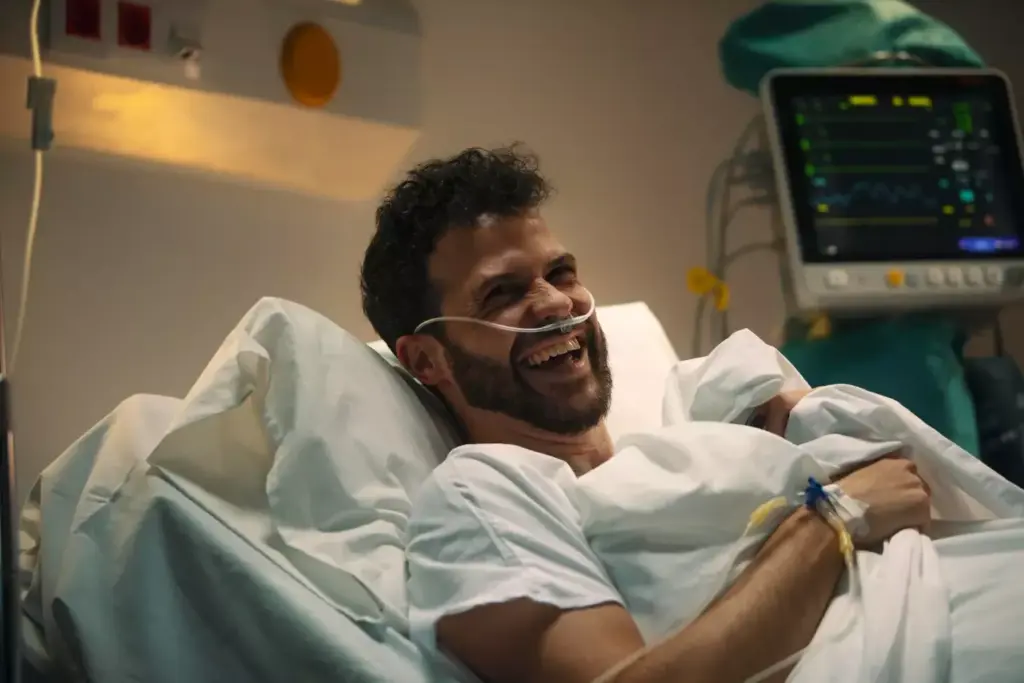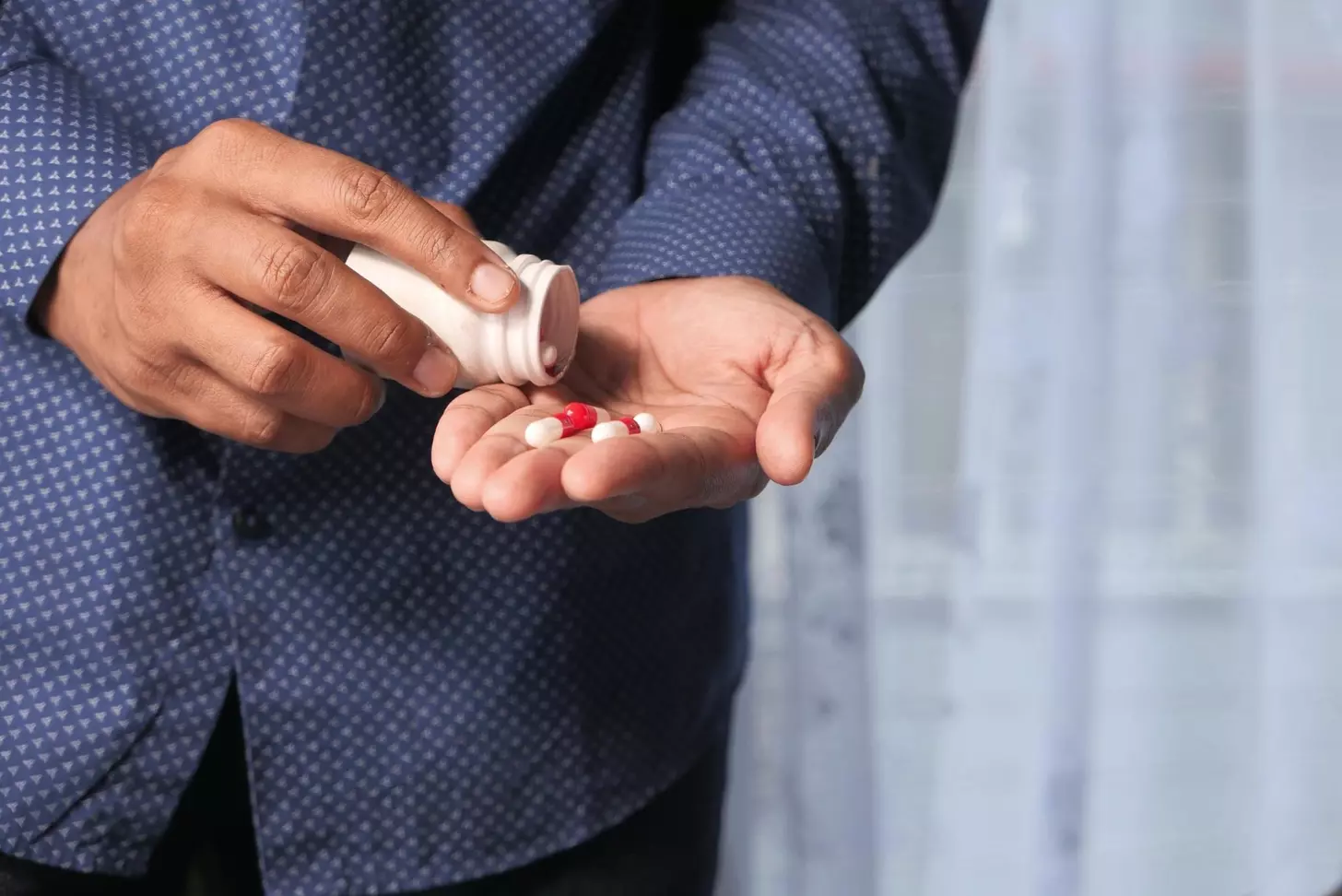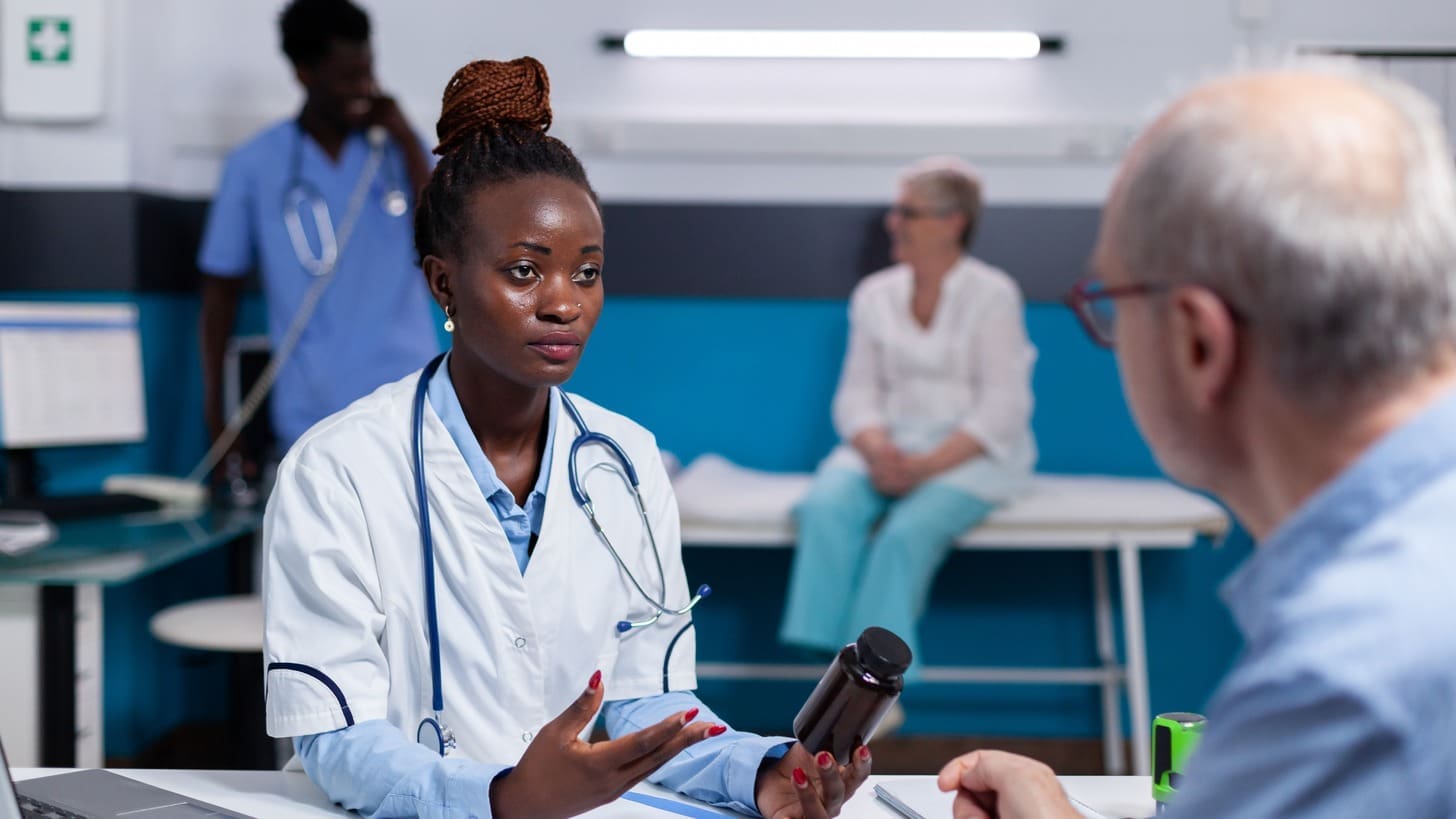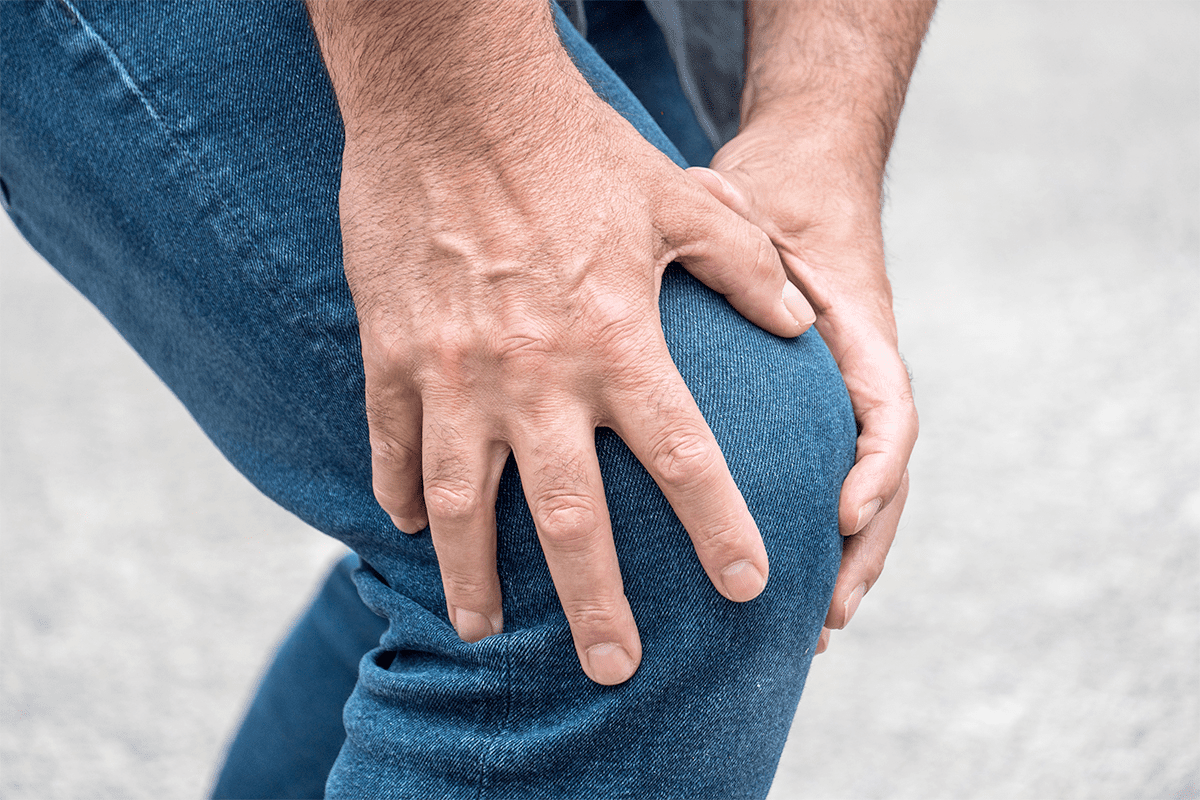Last Updated on November 27, 2025 by Bilal Hasdemir
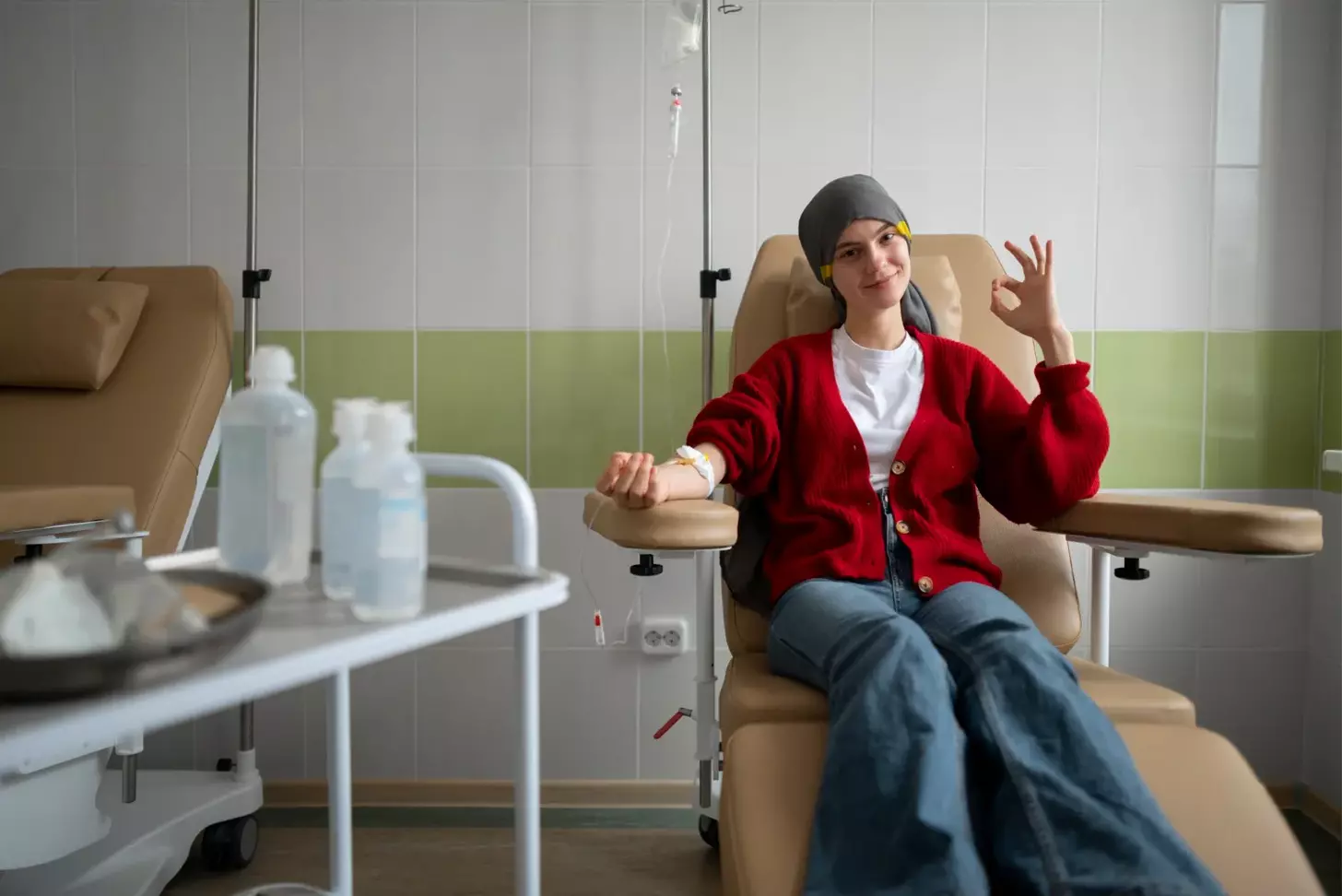
Finishing chemotherapy is a big win for cancer patients. It’s the start of their recovery journey. At Liv Hospital, we’re here to help with top-notch care and support for patients from around the world.
When patients finish their cancer treatment, they feel many emotions. They wonder what recovery will be like. It usually takes six months to a year to feel normal again.
Key Takeaways
- Understanding the recovery process after chemotherapy
- Managing post-chemotherapy effects and side effects
- Regaining quality of life after cancer treatment
- Key milestones to expect during recovery
- Support systems available for patients at Liv Hospital
Understanding the Milestone of Completing Chemotherapy
Finishing chemotherapy is a big deal in your fight against cancer. It marks the end of treatment and the start of a new chapter. This achievement shows your strength and courage.
You might feel many emotions after finishing chemotherapy. These can include relief, joy, anxiety, and uncertainty about the future.
The Significance of Finishing Active Treatment
Finishing active treatment is a key moment in your cancer journey. It shows your body can handle chemotherapy. This is a big step towards recovery and a time to celebrate your courage.
As you reach this milestone, you might look forward to:
- Regaining your strength and energy
- Returning to normal activities and routines
- Reducing the frequency of hospital visits
- Embracing a new chapter in your life
Physical and Emotional Reactions to Anticipate
After chemotherapy, you might face physical side effects. These can include fatigue, cognitive changes, and emotional ups and downs. Knowing these reactions can help you navigate this transition.
Some common reactions include:
- Fatigue: Feeling tired or lacking energy
- Cognitive changes: Difficulty concentrating or memory issues
- Emotional fluctuations: Anxiety, depression, or mood swings
As one cancer survivor noted,
“Finishing chemotherapy was a bittersweet moment for me. I was relieved it was over, but scared about what came next.”
This feeling is common among those who have finished chemotherapy. It shows the complex emotions involved.
Knowing these reactions can help you prepare for what’s next. By understanding the significance of completing chemotherapy and the challenges you might face, you can better navigate this new phase of your cancer journey.
What to Expect During Your Last Chemo Treatment
The final chemotherapy treatment is a big milestone in your cancer journey. It’s important to know what to expect on your last day of treatment.
Medical Procedures on Your Final Day
On your last chemotherapy session, the medical procedures will be similar to before. Your healthcare team will give you the chemotherapy drugs. You might also have blood tests or port removal, depending on your plan.
Your healthcare provider will talk about post-treatment care and follow-up appointments. This is a chance to ask questions and clear up any concerns about your recovery.
Celebrating This Important Milestone
Finishing chemotherapy is a big achievement, and many people celebrate it. Celebrating shows your strength and resilience during treatment.
Whether you celebrate with family and friends or reflect on your journey alone, it’s a moment to be proud. You’ve made great progress.
Immediate Reactions and Sensations
During and after your last chemotherapy session, you might feel many emotions and physical sensations. It’s normal to feel relief, sadness, or uncertainty about the future. You might also have some side effects, but they should start to go away as you recover.
Your healthcare team can help you manage any side effects and support your well-being as you move into the next phase of recovery.
Immediate Post-Treatment Effects: The First Week After Chemo
When you finish your last chemotherapy session, the first week is key. Your body starts adjusting without the treatment. You might feel different physically and emotionally.
Managing Persistent Side Effects
The first week can be tough due to ongoing side effects like fatigue, nausea, and brain fog. Having a plan to handle these symptoms is vital. Rest when you need to, eat well, and drink plenty of water to help.
Some people get chemo brain, making it hard to focus or remember things. Doing brain-stimulating activities and using memory tools can help.
| Symptom | Management Strategy |
|---|---|
| Fatigue | Rest, gentle exercise, nutrition planning |
| Nausea | Anti-nausea medication, dietary adjustments |
| Cognitive Changes | Mental stimulation, memory aids |
When to Contact Your Healthcare Provider
Knowing when to call your doctor is important in the first week after chemo. If you have severe symptoms like a high fever, can’t stop vomiting, or have signs of infection, get in touch with your healthcare provider right away.
- Fever above 100.4°F (38°C)
- Severe pain or trouble breathing
- Signs of infection (redness, swelling, increased drainage)
Self-Care Strategies for Immediate Relief
Self-care can help you feel better right away. Try gentle exercises like yoga or short walks to fight fatigue and boost your mood. Eating well is also key; aim for a diet full of fruits, veggies, and lean proteins.
Getting support from loved ones or support groups is also important. Talking about your feelings can help you deal with emotional ups and downs after treatment.
Knowing what to expect and how to manage symptoms makes the first week after chemo easier. You can face it with more confidence and ease.
The Recovery Timeline: How Long Does It Take to Recover from Chemo?
Knowing how long it takes to recover from chemotherapy is key. It helps set realistic goals and plan for the future. Recovery times can differ a lot, based on treatment length, health, and cancer type.
Short-Term Recovery Expectations (1-3 Months)
In the first few months after chemo, you might feel tired and emotionally changed. Fatigue is a big symptom. It’s important to take it easy and rest a lot.
Some people might have trouble with their memory and focus, known as “chemo brain.” Doing activities that challenge your mind can help with these issues.
Long-Term Recovery Process (6-12 Months)
Between 6 to 12 months after chemo, many people start to feel better. Your body keeps healing, and you might have more energy.
But, some side effects can last longer. It’s vital to talk to your doctor about any ongoing issues or worries.
Factors That Influence Recovery Time
Many things can affect how long it takes to recover from chemotherapy. These include:
- The type and stage of cancer
- The duration and intensity of chemotherapy
- Overall health and presence of comorbidities
- Age and nutritional status
- Effectiveness of support systems
| Factor | Impact on Recovery |
|---|---|
| Type and Stage of Cancer | Affects the complexity of treatment and overall health impact |
| Duration and Intensity of Chemotherapy | Influences the severity of side effects and recovery time |
| Overall Health and Comorbidities | Presence of other health issues can complicate recovery |
Common Post-Chemotherapy Effects and How to Manage Them
The journey doesn’t end with the last chemo session. Understanding and managing post-chemotherapy effects is key for recovery. After chemotherapy, patients face new challenges that need careful management for a smooth recovery.
Dealing with Persistent Fatigue
Persistent fatigue is a common effect after chemotherapy. It’s not just tiredness but a deep exhaustion that affects daily life. Managing fatigue requires a multi-faceted approach, including rest, gentle exercises, and a balanced diet.
Listen to your body and pace yourself. Prioritizing tasks and breaking them down into smaller, manageable chunks helps conserve energy. Meditation and deep breathing can also reduce stress and improve energy levels.
Managing “Chemo Brain” and Cognitive Changes
“Chemo brain” or cognitive changes can be tough. Patients often struggle with memory, concentration, and processing information. Strategies to manage “chemo brain” include using memory aids, engaging in mentally stimulating activities, and practicing mindfulness.
Staying organized and breaking down complex tasks into simpler steps is helpful. Staying socially active and engaging in conversations keeps the mind sharp. If cognitive difficulties persist, seek additional support from a healthcare provider.
Addressing Physical Changes and Symptoms
Physical changes and symptoms post-chemotherapy vary among patients. Common issues include neuropathy, changes in appetite, and sensitivity to cold or heat. Addressing these symptoms involves a combination of medical treatments and lifestyle adjustments. For instance, managing neuropathy might involve medication, physical therapy, and protective measures.
Nutritional adjustments can help manage changes in appetite and overall health. Working with a nutritionist to develop a personalized diet plan ensures patients receive necessary nutrients for recovery.
Nutritional Needs During Recovery
Nutrition is vital during recovery post-chemotherapy. A balanced diet can manage side effects, support the immune system, and improve well-being. Key nutritional elements include adequate protein, vitamins and minerals, and staying hydrated.
Focus on whole foods like fruits, vegetables, whole grains, lean proteins, and healthy fats. Avoiding processed and high-sugar foods supports overall health. Consulting with a healthcare provider or a nutritionist can provide personalized dietary recommendations.
Follow-Up Care After Your Last Chemo Treatment
Finishing chemotherapy is a big step in fighting cancer. But, the journey doesn’t stop with the last chemo treatment; follow-up care is key. This care includes regular doctor visits, checks for cancer coming back, and making a survivorship care plan. It’s also important to talk well with your healthcare team during this time.
Essential Medical Appointments and Monitoring
Going to regular doctor visits is very important. These visits help check your health and find problems early. You’ll get:
- Physical checks for cancer signs or side effects
- Blood tests to watch your health
- Imaging tests like CT scans or MRIs for any oddities
As one survivor said,
“The follow-up appointments were a reminder that I was healing, and it was reassuring to have my healthcare team watching my progress.”
Screening for Recurrence and Late Effects
Checking for cancer coming back is a big part of follow-up care. Your healthcare team will set up a screening schedule based on your cancer and treatment. They also watch for late effects of chemo, like:
- Heart problems
- Neuropathy
- Changes in thinking
Creating a Survivorship Care Plan
A Survivorship Care Plan is a special document for you. It outlines your cancer treatment, follow-up care, and health tips. Making this plan with your healthcare team helps you smoothly move on from chemo. The plan should have:
- A summary of your cancer diagnosis and treatment
- A schedule for follow-up appointments and screenings
- Health tips for managing late effects and staying healthy
- Resources for support and counseling
Communication with Your Healthcare Team
Talking well with your healthcare team is very important during follow-up care. You should:
- Ask questions about your treatment and recovery
- Tell them about any new or worrying symptoms
- Talk about your care plan and any changes you need
Good communication greatly improves the quality of follow-up care and makes patients happier.
Next Steps in Your Treatment Journey
Finishing chemotherapy is a big step, but it’s not the last part of your cancer treatment. You might wonder what comes next. We’re here to help you understand the next steps in your journey.
Potential Additional Treatments
After chemotherapy, some people need more treatments to get rid of all cancer cells. These treatments depend on your needs and might include:
- Surgery to remove tumors or affected tissues.
- Radiation therapy to target cancer in specific areas.
- Immunotherapy to help your immune system fight cancer.
- Supportive care to manage symptoms and side effects.
We work with your healthcare team to find the best treatments for you.
Maintenance Therapies and Ongoing Medication
Some people might need maintenance therapies or ongoing medication to prevent cancer from coming back. These treatments depend on your cancer type and might include:
| Therapy Type | Purpose | Duration |
|---|---|---|
| Hormone therapy | Block or remove hormones that fuel cancer growth | Several years |
| Targeted therapy | Target specific cancer cells or proteins | Varies |
| Immunotherapy | Stimulate the immune system to fight cancer | Varies |
We’ll talk about the benefits and side effects of these treatments with you.
Transitioning to Surveillance Phase
For many, the next step is the surveillance phase. This means regular check-ups and tests to watch for cancer coming back. This phase can feel both relieving and worrying.
“The surveillance phase is a critical part of cancer care, allowing us to quickly identify and address any possible issues.”
In this phase, we’ll help you make a follow-up care plan. This includes:
- Regular check-ups with your healthcare team.
- Imaging tests and other diagnostic procedures as needed.
- Supportive care to manage any ongoing symptoms or side effects.
Emotional Recovery and Mental Health After Chemotherapy
Recovering emotionally after chemotherapy takes time, support, and understanding. Finishing chemo is a big step, but the emotional side can be tough.
Navigating the Emotional Rollercoaster
Ending chemo brings mixed feelings, from happiness to worry. Many feel unsure about the future. We know this rollercoaster can feel too much, but there are ways to handle it.
Some might feel lonely or sad. It’s key to notice these feelings and ask for help from doctors, family, and friends. Talking to others who’ve been through it can really help.
Coping with Anxiety and Uncertainty
Many cancer survivors feel anxious and unsure. Here are some ways to deal with these feelings:
- Mindfulness and meditation practices
- Regular exercise and physical activity
- Journaling or expressive writing
- Seeking professional counseling or therapy
Support Resources for Cancer Survivors
Having support is key for emotional healing. We suggest checking out these resources:
- Support groups, either in-person or online
- Cancer survivorship programs
- Mental health services tailored to cancer survivors
- Online resources and forums
These can offer valuable advice, emotional support, and a sense of community.
Returning to Normal Life Activities
As you get better, you might want to start doing things you used to. Start slowly getting back into your daily life and social activities. This can help you feel more confident and normal again.
Also, celebrate the small wins and milestones. This keeps your outlook positive and shows how far you’ve come.
Conclusion: Embracing Life After Chemotherapy
Finishing chemotherapy is a big step, starting a new chapter in the fight against cancer. At Liv Hospital, we help patients through every part of their journey. This includes treatment, recovery, and life after cancer. We focus on life after chemotherapy, making sure patients recover well and stay healthy.
Living well after cancer takes a lot of effort. It means managing side effects, eating right, and going to check-ups. By doing these things, patients can start to feel better and find new joy in life.
We know that everyone’s fight against cancer is different. That’s why we offer care that’s just right for each patient. Together, we help patients move forward, ready to live their best lives.
FAQ
What happens after the last chemo treatment?
After the last chemo treatment, patients start a new journey towards recovery. They might face side effects. It’s key to manage these and keep up with healthcare visits for ongoing care.
How long does it take to recover from chemotherapy?
Recovery time from chemotherapy varies. It depends on treatment length, health, and cancer type. Short-term recovery is 1-3 months. Long-term recovery can take 6-12 months or more.
What are the common post-chemotherapy effects, and how can they be managed?
Common effects include fatigue, “chemo brain,” and physical symptoms. To manage, try self-care, eat well, and follow up with doctors.
What is the significance of follow-up care after chemotherapy?
Follow-up care is vital. It helps watch for recurrence, manage late effects, and plan for survivorship. Regular doctor visits and talking with your healthcare team are key.
Are there additional treatments or maintenance therapies after chemotherapy?
Yes, some patients need more treatments or maintenance after chemotherapy. It’s important to understand these next steps and move into the surveillance phase for ongoing care.
How can cancer survivors cope with anxiety and uncertainty after chemotherapy?
Survivors can cope by using support resources like counseling and support groups. Getting back to normal life and staying healthy also helps.
What nutritional needs should be considered during recovery from chemotherapy?
During recovery, eat a balanced diet, drink plenty of water, and consider supplements as advised by doctors.
How can patients navigate the emotional rollercoaster after chemotherapy?
Patients can navigate by acknowledging their feelings, getting support from loved ones and doctors, and using resources like counseling and support groups.



